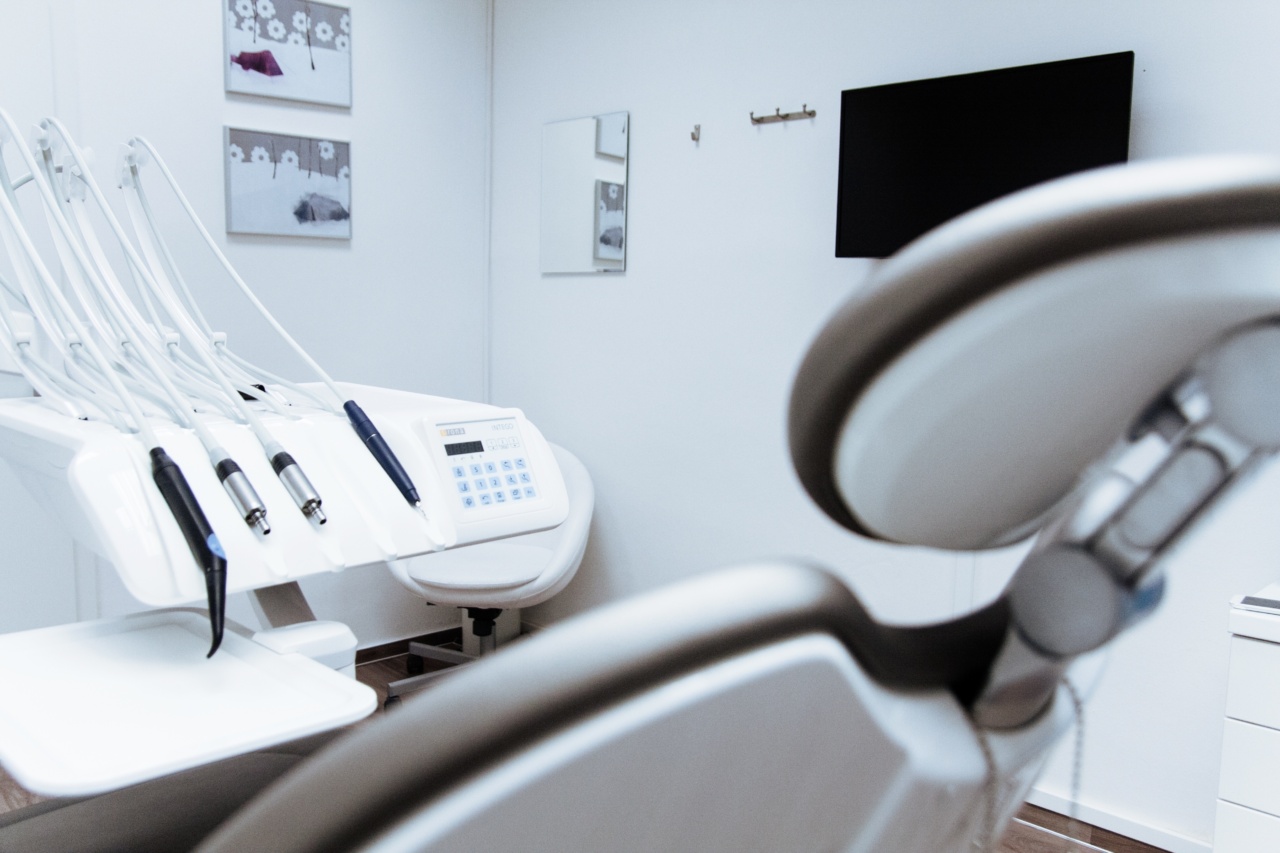Recent studies have shown that there is a link between poor dental health and erectile dysfunction. Although they may seem like two unrelated issues, the health of your teeth and gums can have a significant impact on your sexual health.
This article explores the research and how poor dental health can lead to erectile dysfunction.
The Link between Poor Dental Health and Erectile Dysfunction
Researchers have found that gum disease, cavities, and other oral health issues can cause inflammation in the body. This inflammation can damage blood vessels and reduce blood flow to the penis, leading to erectile dysfunction.
A study conducted in 2014 looked at the relationship between periodontitis (gum disease) and erectile dysfunction. The results showed that men with periodontitis were more likely to have erectile dysfunction than those without the condition.
This is because periodontitis can cause the inflammation and damage to blood vessels that leads to erectile dysfunction.
Another study conducted in 2019 found a similar link between gum disease and erectile dysfunction. The study analyzed data from over 200,000 men and found that those with gum disease were more likely to have erectile dysfunction.
The researchers suggested that the inflammation caused by gum disease could be contributing to erectile dysfunction.
How Poor Dental Health Impacts Blood Flow
The link between poor dental health and erectile dysfunction can be explained through the impact of inflammation on blood flow. When there is inflammation in the body, the blood vessels can become damaged and narrowed.
This makes it more difficult for blood to flow through the vessels, which can affect organs that rely on good blood flow, like the penis.
Inflammation in the mouth can also cause a build-up of plaque in the arteries. Plaque is a mixture of cholesterol, fat, and other substances that can stick to the walls of blood vessels, making them narrower and harder.
This can reduce blood flow to the penis and cause erectile dysfunction.
Preventing Poor Dental Health
Preventing poor dental health is an important step towards reducing the risk of erectile dysfunction. Good oral hygiene habits, such as brushing twice a day and flossing daily, can help prevent gum disease and cavities.
Visiting the dentist regularly for cleanings and checkups is also important, as they can detect and treat any issues before they lead to more serious problems.
Eating a healthy diet that is low in sugar and processed foods can also help prevent dental issues. Sugary foods and drinks can cause cavities and promote the growth of harmful bacteria in the mouth.
A diet high in fruits, vegetables, and lean proteins can help keep teeth and gums healthy.
Treating Poor Dental Health
If you do have dental issues like cavities or gum disease, it is important to seek treatment as soon as possible. Your dentist can recommend treatment options based on the severity of your condition.
This may include deep cleaning, fillings, or other procedures to restore or repair damaged teeth and gums.
In some cases, more advanced procedures like root canals or dental implants may be necessary. These procedures can be costly, but they are often covered by dental insurance.
It is important to talk to your dentist about your options and what is covered by your insurance.
Conclusion
The link between poor dental health and erectile dysfunction may be surprising, but it is a serious issue that should not be ignored.
Taking care of your teeth and gums with good oral hygiene habits and regular dental checkups is an important step towards reducing the risk of erectile dysfunction and other health issues.
If you are experiencing erectile dysfunction or other sexual health issues, talk to your healthcare provider. They can help determine the underlying cause and recommend the appropriate treatment.






























